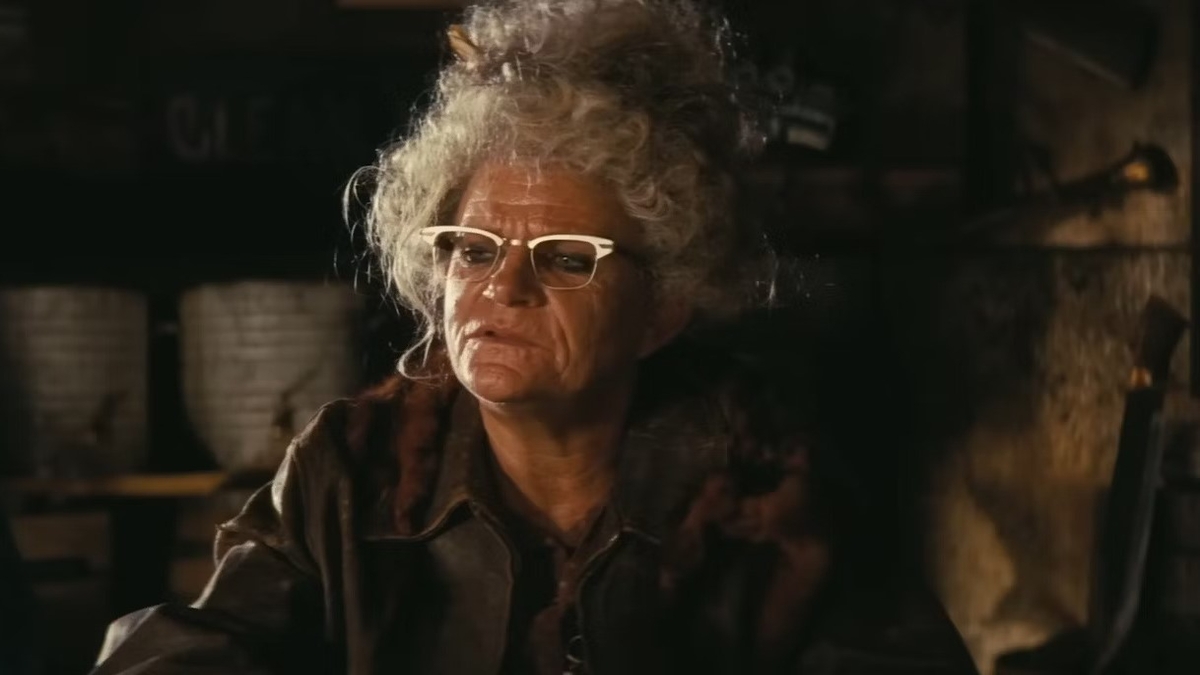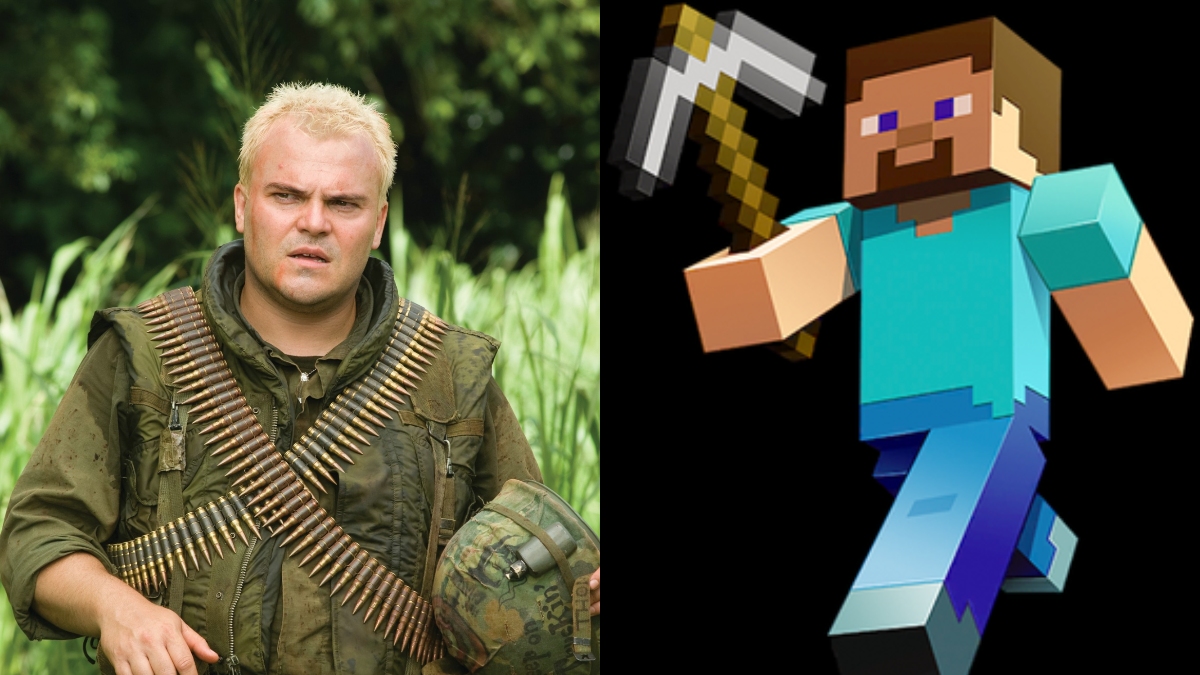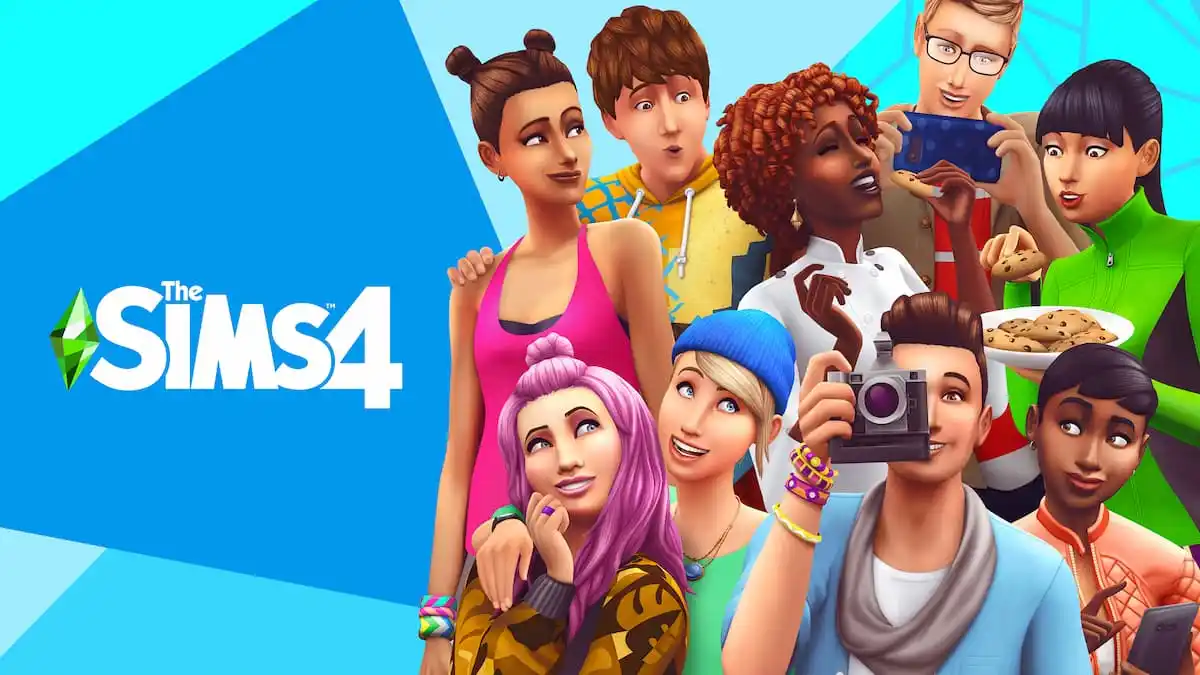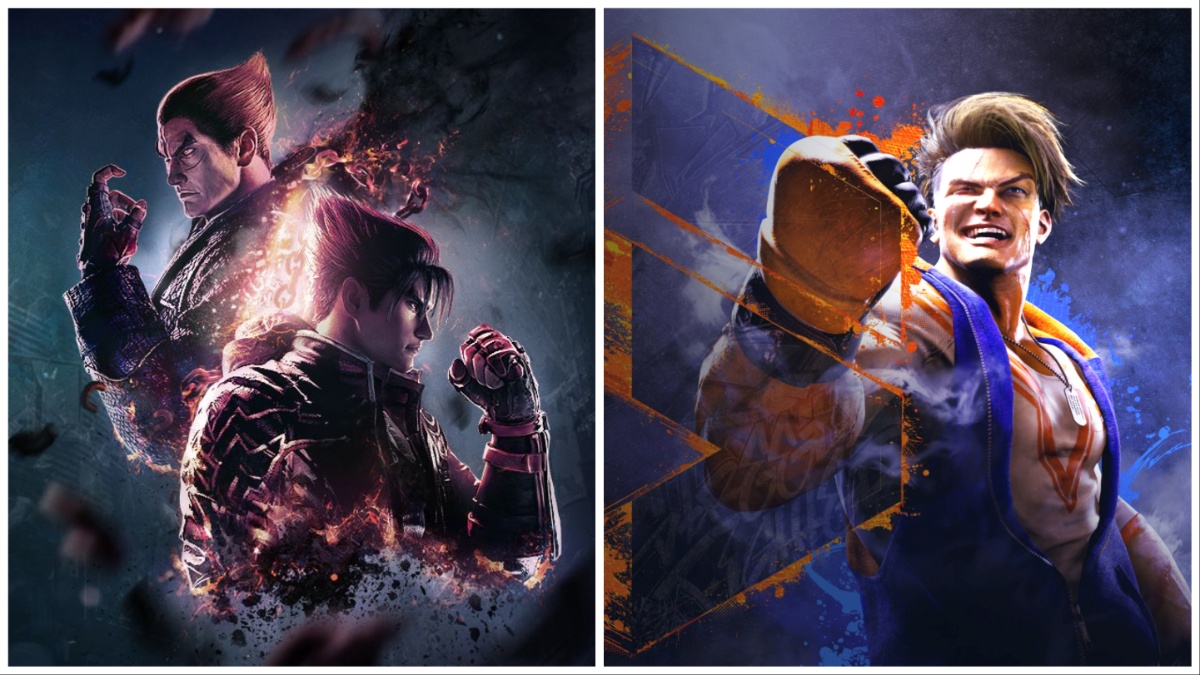Luck and chance is something that can be found in our everyday lives and its something also found in games. Many games of the past and many games of today have some sort of random element, whether it be drawing a card out of a deck or rolling a pair of dice. Randomness is the spice of life.
Many people like RNG and many people hate RNG. Some people prefer if everything was out of their hands and some people prefer if they had control over everything. So…. why do some people hate RNG and why do people love it?
What is RNG?
RNG is an acronym for a Random Number Generator, a device used in video games to come up with a random number between two intervals. That number then is typically used to decide the outcome of some sort of event.
Today, RNG is most commonly used to just describe any random outcome or any situation that is heavily reliant on luck/chance.
Players and RNG
Those familiar with Hearthstone often use the term due to the game’s very random nature as a card game. A player can have a full board and have it wiped out by an opponent’s lucky draw or by an unfortunate outcome by one of their own cards (looking at you, Madder Bomber). Players who experience such a thing often come out of the game very upset and angry because they felt like they didn’t lose to their opponent’s skill, they just lost to chance.
And since a winning situation can be turned into a losing situation, the reverse is also possible. These sorts of moments are what many videos of Hearthstone on YouTube are about. Some of the most enjoyable moments are these random moments that occur; they can be once in a lifetime situations, or they could be something that players are trying to set up.
In the video above, a popular Hearthstone streamer, Amaz, managed to use 2 Unstable Portals to get two cards that make him invincible (Mal’Ganis and a stealth trigger). He had a ridiculously miniscule chance of getting the right cards to combo.
Why do people like RNG?
Many players out there like the idea of skill over random chance because if they lose its because they screwed up or because the opponent was more skilled, not because of luck.
So why do people still really like games that have RNG?
Well, the random element is something that actually attracts players. Since a game has random elements, it is very rare for that game to have the same outcome. One player who plays the game can have a completely different experience than another player just because of chance.

The Binding of Isaac is a popular roguelike action-adventure game with lots of random elements in it as well. The dungeons, items, bosses, and enemies are all randomized so that no two runs are exactly the same. Players enjoy starting a new run in The Binding of Isaac just to see what they get next. Maybe they get a god-like run where they speed through the game or maybe they are stuck with the worst upgrades and no health.
The Fun of Increasing Your Odds
Some of the most fun players have are working around RNG. There are players who try to reduce the RNG of a situation to suit their needs. If you have a card that targets random minions in Hearthstone, you can reduce the number of minions you want hit. If you got really bad upgrades in The Binding of Isaac, just play around those upgrades and hope you’re skilled enough to compensate. To some, RNG means that you actually need even more skill to successfully play the odds in your favor and overcome the randomness.
The RNG is what can make your experience unique since no one can completely predict a situation. It’s what can make a game completely ridiculous and out of control.
The Science Behind RNG: it’s gambling
RNG and luck in games is essentially gambling, and it is very addictive. For every low there is a high, a big epic moment, and that is what players want. From getting that impossible winning draw to getting a perfect run, players keep playing in order to get that rush. The thought of getting that rush, that one win, is what keeps people playing and it’s what causes gambling addictions.
Gambling is very similar to addictive drugs when it comes to what it does to our brains. A human has a reward system in their brain that releases a chemical called dopamine.
Dopamine gives us the feeling of satisfaction and encourages us to make a habit of whatever we were doing. The thrill of gambling and winning causes the brain to release dopamine, like what a drug could do. When it comes to drugs the brain adapts to the constant dopamine by producing less and by becoming less responsive. So people would develop a tolerance and need more to get that rush but that’s where the RNG comes in.
One concept behind RNG is the idea of variable interval reinforcement and variable interval schedule.
Variable ratio schedule (VR) – reinforced on average every nth response, but not always on the nth response
Variable interval (VI) – reinforced on an average of n amount of time, but not always exactly n amount of time
Essentially: you know something is going to happen but you are not sure when.
A real life example of VR is slot machines since the probability of hitting the jackpot is constant, the number of lever presses needed to hit the jackpot is variable. You keep playing over and over to try to get that 1 in a million. You’re not sure how many times you have to do it so you keep doing it, anticipating the win.
A real life example of VI is fishing since you might catch a fish immediately, or it may happen after an hour and then it might be instant again. You’re not sure of when it’s going to come so you keep waiting for it.
With games, when we win a game and we feel great and we keep playing to get that rush again but with RNG we’re not sure how long we have to play or how much we have to play, so we keep playing to get that outcome.
Closing
Sometimes, simply winning because of a good play is not always what people seek. The idea of winning despite having no control of one’s fate is something that draws people in. It’s not always fun if you know the future outcomes; the unknowns are what make games more enticing.





